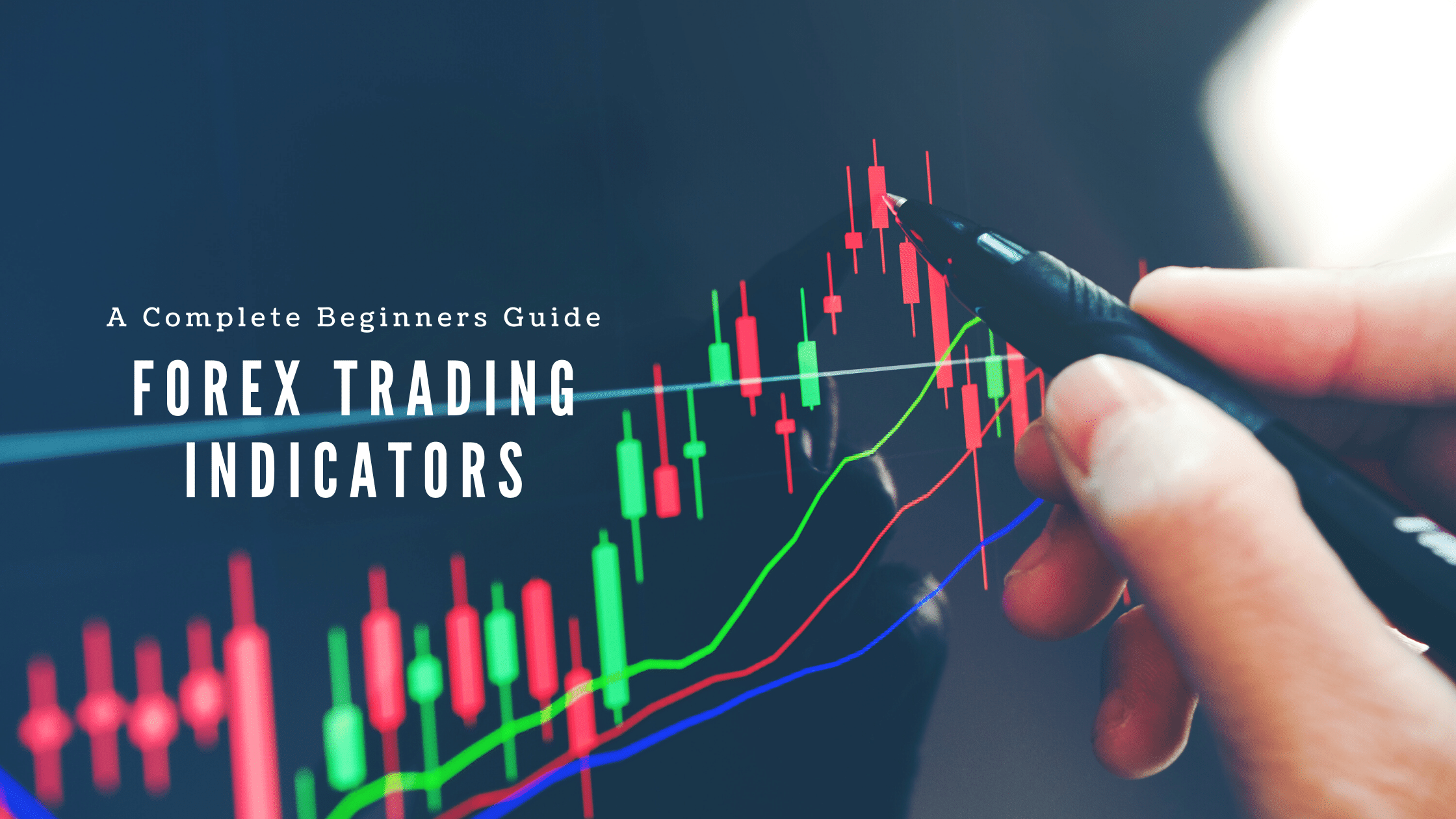Sheeroh Kiarie, blogger and webpreneur at WorkOnlineKenya, recently interviewed one of the top forex traders in Kenya. Ken Githaiga, who started trading forex before many of us did, had a lot of valuable and inspiring tips for both advanced and beginner forex traders.
Needless to say, I had a tremendous time reading the insightful interview. Kudos Sheeroh on a job done so well.
One of my key takeaways from the interview was this:
“I use only one indicator (The exponential moving average) with candlesticks on the four hour chart.”
If you have not read the interview, this was Ken’s response when asked what approach/strategy he uses to trade forex. It also brings me directly to the topic of my blog post today.
The Only Technical Forex Indicators You Need
There are so many forex trade indicators being released into the industry every single day. There are so many approaches to technical and fundamental analysis. You would literally need about a decade to study and implement all of them.
The good news is that you DO NOT NEED all these forex trade indicators and strategies to be a successful forex trader. The best forex traders find an indicator that works best for them, and they stick with it through all the winning and the losing trades.
If your approach to forex trading is jumping ship once you sense signs of a losing trade, then you will be in for more and more losses when you move from one strategy to another.
Ken Githaiga uses the Exponential Moving Averages to trade forex. Another trader will move the Simple Moving Average. And yet another one will use Fibonacci retracements.
Here is the key takeaway- there is no one forex trading strategy that is superior to the other one.
It is your role as a trader to find a precise trading strategy that suits your trading habits, refine it and perfect it to the extent that you are familiar with it like the back of your hand.
The 5 Common (and Free) Forex Trade Indicators
For the sake of beginner forex traders, I think that it is worth to explore the 5 of most common forex trade indicators. These indicators will normally come bundled withing the MetaTrader 4 Platform that you get from your broker. In my opinion, you do not need to download any other forex trade indicator.
In this article, I will only give you a brief look into each of the indicators. However, I will make a point of following up with indepth tutorials on each of the indicators. Additionally, if you need personalized help with any of the indicators, feel free to contact me on 0710251380
Moving Averages
Simple Moving Average (commonly abbreviated as sma) is used to show the average price of a currency pair over a certain period of time. Traders use the simple moving average to highlight uptrends or downtrends and to avoid trading during false breakouts.
For the best results, the simple moving average is commonly used in combination with another one. For instance, the 50 day SMA is commonly used in combination with the 200-day SMA.
In the case above, when the 50-day SMA crosses above the 200SMA, this is called the Golden Cross and it portends an upcoming uptrend. The opposite is called a Death Cross, as it portends and downtrend.
Moving Average Convergence Divergence (MACD)
Moving Average Convergence Divergence indicator is used to analysis the emergence of new trends in a currency pair. It consists of three parameters:
- 12– These are 12 of the past fast moving average
- 26– Represents the previous 26 bars of the slower moving average
- 9– Represents the the 9 previous bars of the difference between the two moving averages.
Typically, when the faster moving average crosses over or below the slower moving average, this is an indicator that a bearish or bullish trend is about to start.
For optimal analysis, MACD is best used as a confirmation forex indicator. That is, only use it in combination with other indicators to confirm what the other indicators are telling you.
Relative Strength Index (RSI)
RSI is a technical analysis indicator. It is the measure of the ratio between the down-moves and the up-moves of a currency pair. The index is expressed in a range of 1-100.
When the index moves over the 70 mark, the market is considered to be overbought, and indicates that the prices of a currency might have fallen below what is normal for the market. Likewise, when the index falls below 30, the market for the currency pair is said to be oversold. This indicates that the price might have fallen below market expectations, forcing forex traders to sell the currency.
Stochastics Oscillator
I personally use stochastics to trade forex, and in my opinion, this is the simplest technical indicator ever invented.
Simply put Stochastics measures whether a certain commodity has been overbought or oversold.
For more information about forex trading and technical indicators, subscribe to my forex trading newsletter using the form on the sidebar. You can also call me on 0710251380 in case you need personalized help with forex trading.
Read more about Stochastic Oscillator here.


May I simply just say what a comfort to find somebody who genuinely knows what they are talking about on the net.
You actually realize how to bring a problem to light and make it important.
A lot more people need to read this and understand this side of the story.
It’s surprising you are not more popular since you most certainly possess the gift.
Thank you!
I couldn’t refrain from commenting. Well written!
Thank you Stephen!
Thanks for shaping most Kenyans.